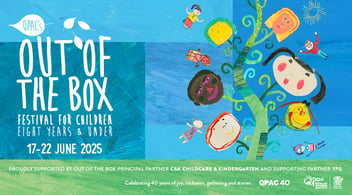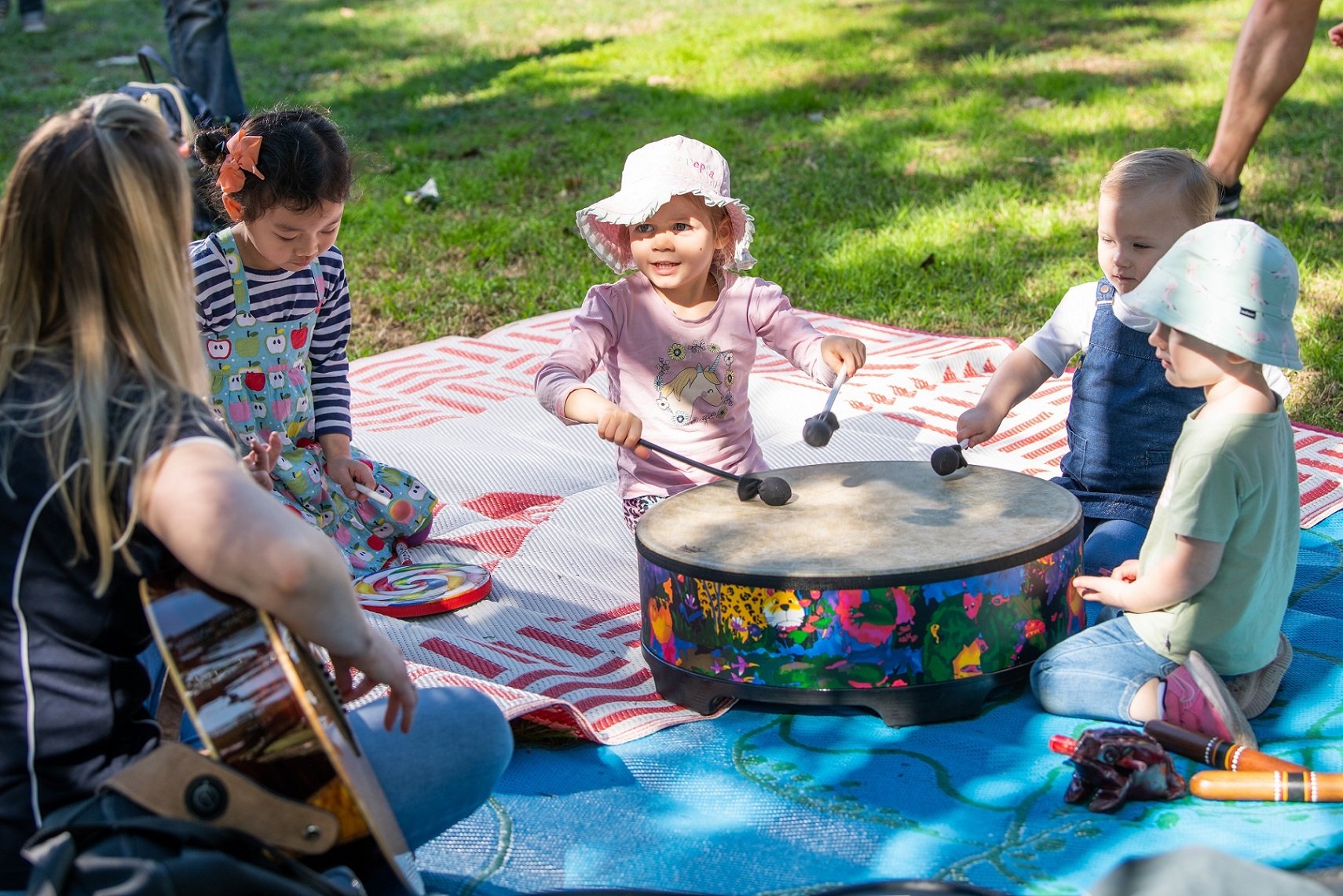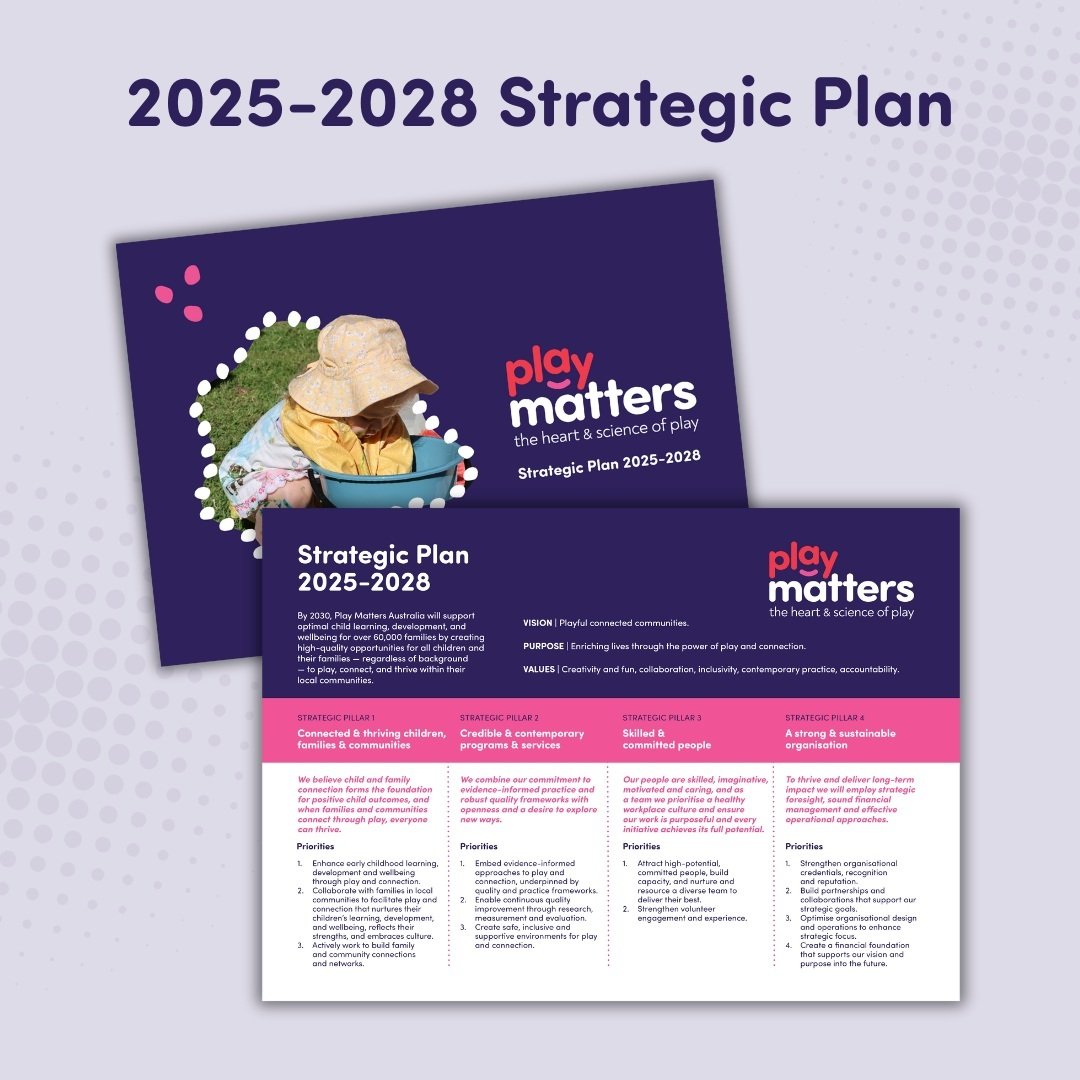Music is a great way to provide young children with opportunities to develop their literacy and numeracy skills. Even if your child is not yet talking, reading or counting, there are a lot of building blocks that develop beforehand, and music can help with so many of these.
Communication
Even very young children can benefit from singing to develop their language skills. Receptive language skills develop before expressive language skills, which means that babies can understand and follow instructions before they develop the skills required to speak. Babies learn to talk by copying others. Children’s songs are repetitive, which gives your child the chance to hear words over and over, which helps their learning.
Tip: Sit face-to-face with your little one while singing songs so they can watch the way you make sounds, form words, and use facial expressions. Smiling, frowning, moving our face and body is communication too!
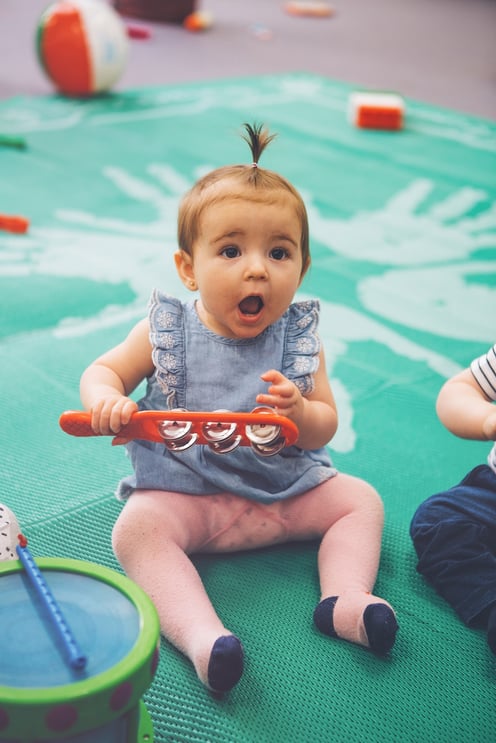
Learning Concepts
Songs are a great way to teach children concepts like counting, colours, stop/go, loud/ soft, fast/slow, and up/down.
Action songs and instrumental songs are great because they use words to describe what you are doing while you model the action or concept. This helps children match words with their meaning. Everyday tasks such as hanging out the washing or cooking are great opportunities to involve children in learning new concepts; singing and chanting your way through tasks can make them more enjoyable for you too!
Tip: Use instruments to demonstrate how to play loud and soft as you sing. You can use all sorts of objects around the house to make instruments; pots and spoons can become a drum, or create your own musical shakers. Listen to our favourite instrument-time song Play Music Together to explore the concepts up, down, side-to-side.
Listening
Listening is an important skill for communication. Songs can help children learn to listen and follow instructions. Leaving spaces in songs helps children learn when to respond.
Tip: When singing a familiar song, leave the last word off each line for your child to sing. Even young babies can fill-in-the-blanks by making a sound, moving their bodies, or pulling a face.
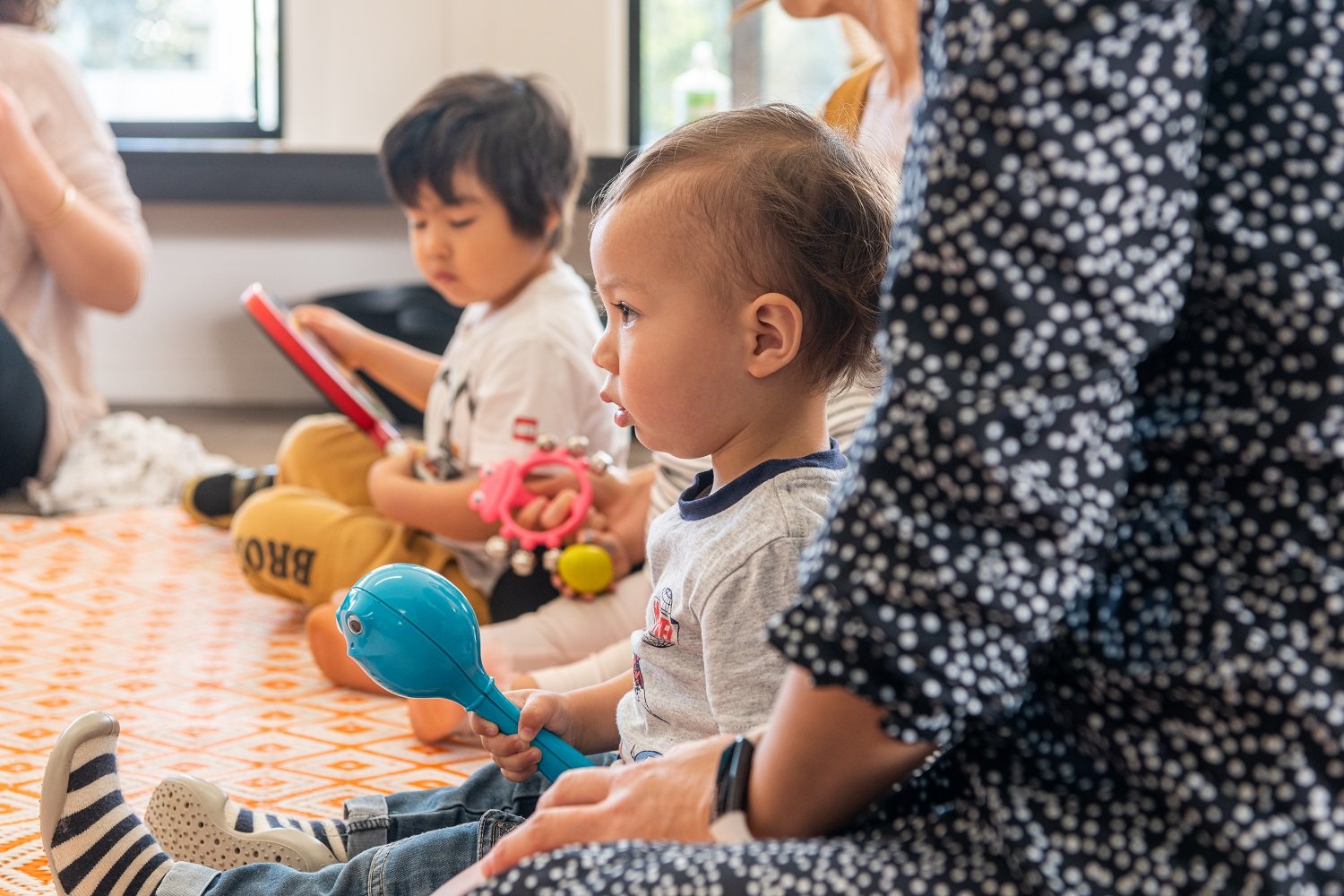
Counting
Singing songs with numbers repeatedly helps children remember the language of numbers as well as the order of counting.
There are lots of counting songs for children! Some help children learn to count forwards like ‘Here is the Beehive’ and ‘Counting Rap’; some help children learn to count backwards like ‘5 Cheeky Monkeys’ and ‘3 Speckled Frogs’.
Tip: Use your fingers to count, or use toys and other objects, so that children learn to match the concept of counting with physical objects. Have a listen to the Counting Rap for a fun take on using music to count everyday objects.
Using Music
Using music on a regular basis supports your child’s development. It helps a child:
- Use language skills with a purpose
- Explore new sounds, letters, words and numbers
- Build confidence to participate and communicate
- Recognise and follow patterns (rhythm and melody)
Remember, children love repetition! Repetition is important as children need to hear words many times in different situations before they can understand and use them effectively. Singing songs is a fun way of repeating sounds and words, providing lots of opportunities to develop and improve speech through the use of music.
.jpg?width=1200&name=PLAY%20MATTERS%20(297).jpg)
